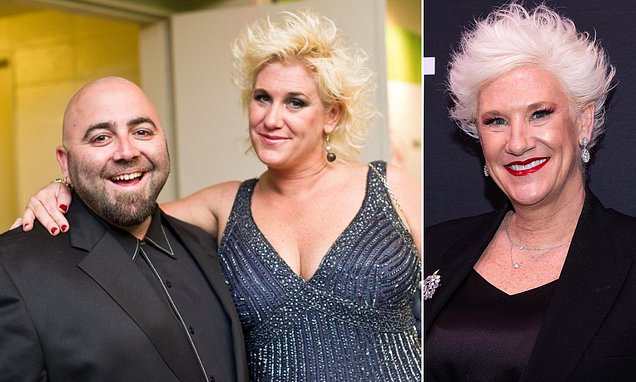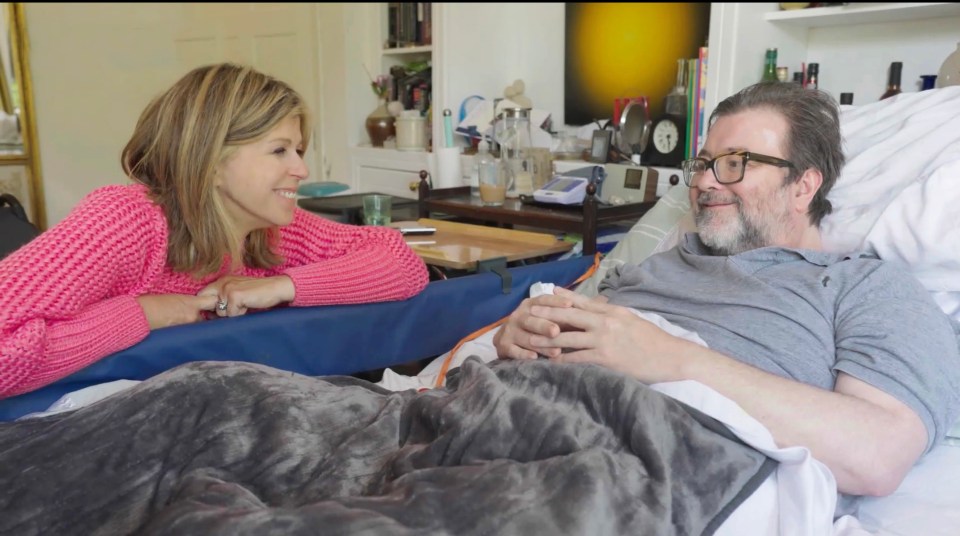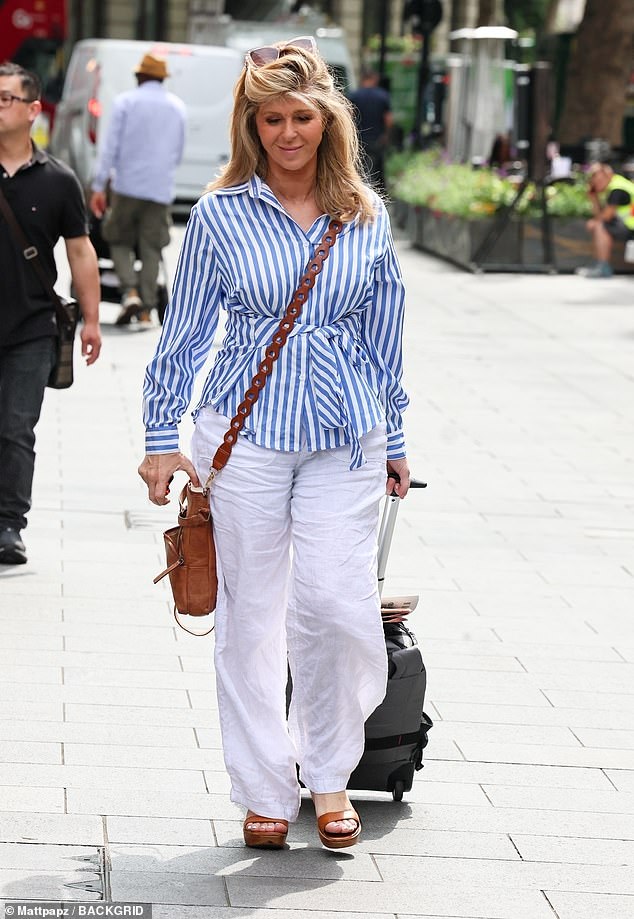Kate Garraway Reveals She Had Bailiffs at Her Door While Late Husband Derek Was in a Coma in Hospital
In an emotionally charged episode of *Good Morning Britain*, presenter Kate Garraway opened up about a harrowing experience she faced while her late husband, Derek Draper, was in a coma due to complications from long Covid. During this challenging period, Garraway revealed that bailiffs arrived at their home seeking payment for unpaid council tax. This revelation struck a chord with viewers as it highlighted the immense pressure she was under while managing her husband’s severe health crisis.
A Distressing Encounter with Bailiffs
Garraway described how, unbeknownst to her, council tax bills issued in Derek’s name had gone unpaid for six weeks. As she juggled caregiving responsibilities and anxieties about her husband’s health, it became increasingly difficult for her to keep track of household matters. The stress of the situation culminated when bailiffs knocked on her door during a time when she was already dealing with immense emotional turmoil. The arrival of these officials added unnecessary strain and highlighted the pitfalls of the bureaucratic system, especially during times of personal crises.
The Impact of Financial Obligations During Health Crises
During her discussion with financial expert Martin Lewis, Garraway emphasized the need for reform in how councils manage debts tied to unpaid council tax, particularly in circumstances where individuals are experiencing life-altering health issues. She pointed out that it’s crucial for local authorities to be more compassionate in their approach, recognizing that financial struggles can often be compounded by serious health challenges. The timing of such financial pressures amidst personal tribulations can be brutal, leaving families to navigate a heavy load during their most vulnerable moments.
Raising Awareness and Advocating for Change
Garraway’s poignant story has not only raised awareness about the struggles of handling finances during critical health emergencies but has also sparked discussions on the need for changes in policy. Many viewers resonated with her plight, understanding the dual burdens of health concerns and financial stress. Her experience serves as a reminder that organizations, including local councils, should adapt their practices to support individuals facing health crises better. By bringing attention to these issues, Garraway seeks not only to share her experiences but also to advocate for necessary changes that can ease the burdens faced by those in similar situations.
Overall, Kate Garraway’s experience underscores the importance of empathy and understanding within social service systems. The intersection of health struggles and financial responsibilities can create overwhelming challenges for families. Her brave disclosure not only puts a spotlight on her personal journey but also invites a broader conversation about accountability and compassion within financial institutions and local governments.
For those who find themselves in similar situations, it’s vital to seek help and know that support systems are available. If you or someone you know is struggling with financial obligations during a health crisis, consider reaching out to local advocacy groups or financial counseling services. By sharing experiences and voicing concerns, we can work towards change that makes a meaningful impact on families in need.





